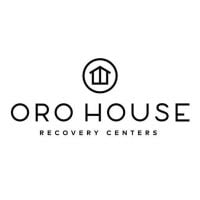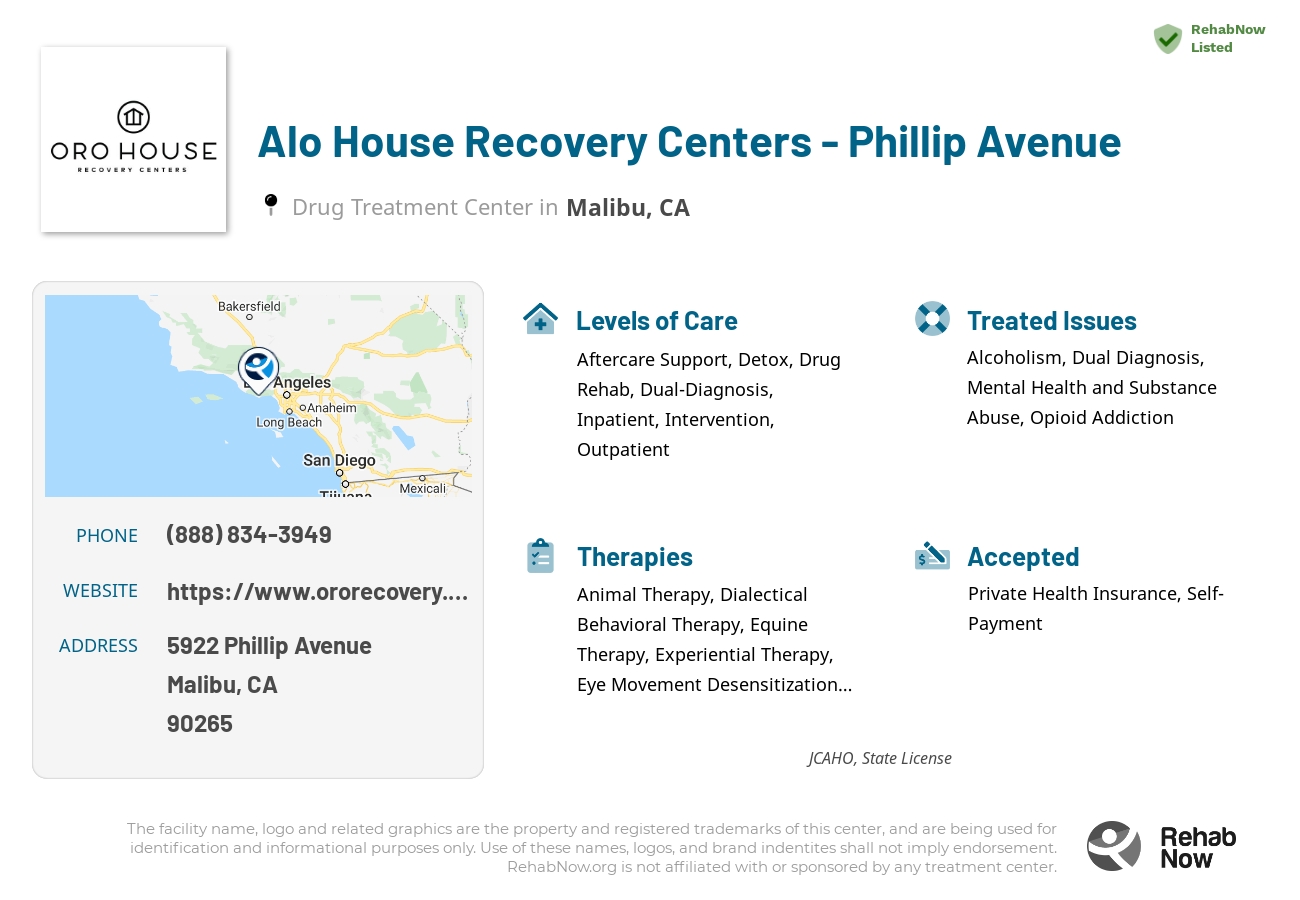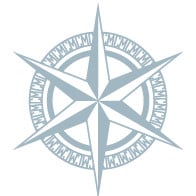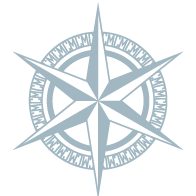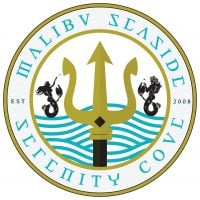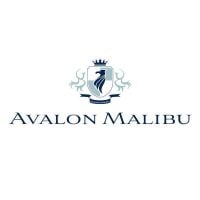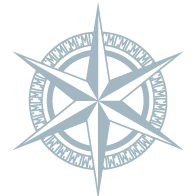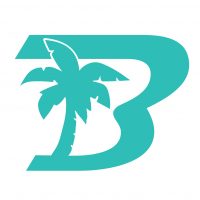Alo House Recovery Centers - Phillip Avenue
Drug Rehab Center in Malibu, California
Alo House Recovery Centers - Phillip Avenue is a JCAHO-accredited drug rehab center offering detox, inpatient and outpatient levels of care, dual diagnosis support, aftercare services and private health insurance coverage for those seeking sobriety.
About Alo House Recovery Centers - Phillip Avenue in California
Alo House Recovery Centers - Phillip Avenue in Malibu, California is a leading Addiction Treatment Facility. It offers a wide range of services to individuals who are struggling with alcoholism, opioid addiction, and dual-diagnosis. The facility has a professional and experienced staff that provides comprehensive inpatient and outpatient care. They also offer aftercare support, detox services, and one-on-one therapy. All of the services are designed to help individuals overcome their addiction and build a stronger foundation in their mental health and wellbeing.
Alo House Recovery Centers - Phillip Avenue in Malibu, California is accredited by the Joint Commission on Accreditation of Healthcare Organizations (JCAHO) and holds a state license. This accreditation ensures that clients receive the highest level of quality care. The rehabilitation center provides comprehensive programs for addiction, substance abuse, and mental health. Their team of professionals works closely with clients to develop individualized treatment plans that meet their specific needs. They provide a range of therapies and resources, such as cognitive-behavioral therapy, motivational interviewing, and family therapy. Groups and activities are also offered to further promote recovery.
Genders
Ages
Modality
Additional
Accreditations
State License

JCAHO
Conditions and Issues Treated
Opioids are a group of drugs that include substances such as heroin, morphine, and oxycodone. These drugs activate opioid receptors in the brain, which produce pleasurable feelings. Opioid addiction occurs when drugs are abused at increasing rates or increasing amounts because the body becomes tolerant of them.
Opioid addiction is typically diagnosed when drug abuse becomes a typical behavior that interferes with an individual’s ability to function daily. The use of the substance results in consequences like legal problems.
Treatment for opioid addiction varies depending on each individual’s needs. Some treatments focus on replacing opioids with other drugs that have similar effects of reducing withdrawal symptoms. Other treatments aim to reduce the risk of relapse by providing psychological support or using more natural methods.
A drug rehab center that uses Dual Diagnosis is more likely to be successful in rehabilitating a person. Dual diagnosis helps to identify and treat any co-occurring disorders. It is essential to screen for both addiction and any untreated mental health issues. A dual diagnosis gives rehab the means to treat addiction while restoring mental and emotional health.
About 70% of patients with drug addiction have at least one other psychiatric diagnosis. Fortunately, dual diagnosis treatment is a proven model that has been highly effective.
Levels of Care Offered
This center offers a variety of custom treatment tailored to individual recovery. Currently available are Aftercare Support, Detox, Drug Rehab, Dual-Diagnosis, Inpatient, Intervention, Outpatient, with additional therapies available as listed below.
Detox, or detoxification, is the method of weaning a person’s body from the toxic substance(s) they have abused. This is a slow process under medical supervision and one that should occur for almost all individuals. As detox can cause medical complications, it should always be performed by experienced medical professionals in a safe setting.
Inpatient rehab means you live there while your addiction or co-occurring disorder is treated. Prescribed medications are used along with counseling.
This type of rehabilitation provides a drug-free environment for people who struggle with chronic/long-term addiction (or their own home). Jobs or school can be put on hold until after the stay to focus solely on recovery.
Outpatient programs offer a lower intensity level of addiction treatment than inpatient facilities. They are ideal for those who have graduated from inpatient facilities, have a supportive home environment, and are motivated to commit to the program. Services offered include medication-assisted treatment, individual and group therapy, and peer group support.
This treatment is a popular option for those suffering from a lower intensity addiction. It is not advisable for someone who needs to go through a medically supervised detox or does not have a supportive home environment. It requires motivation and dedication to commit to the program without constant monitoring.
Interventions help families and friends express their feelings, express their desire for change, and plan for action. Interventionists are trained professionals who help family members plan or lead interventions. Family members should help choose an experienced professional to guide their loved one through treatment. Across the country, intervention services are available.
Aftercare Support in drug rehab is crucial because it helps people stay sober after treatment. Aftercare Support in drug rehab is helpful because it provides the recovering person with a support group, including family members, friends, and other peers who are also in recovery.
The benefits of Aftercare Support are that it provides a pathway that will help people get sober for life. It supports healing at all levels, physical, mental, emotional, and spiritual. Another benefit of Aftercare Support is that participants learn to maintain their sobriety through holistic methods. They learn to modify behaviors individually to have peace of mind, have positive relationships with others, and find peace on the inside.
Therapies & Programs
During individual therapy at Alo House Recovery Centers - Phillip Avenue in , the person in recovery meets with a therapist one on one to go over their situation and learn from past mistakes. The counselor or therapist will use this time to address the causes of addiction, triggers, and any mental issue or dual diagnosis. They will also address aftercare plans, giving them the best chances of long-term sobriety.
This therapeutic process is very intense and challenging to go through. Some clients may find it easier to open up with someone apart from their family or loved ones who understand their struggles and experience with addiction.
Family therapy is designed to help addicts get clean and sober by using what they love the most; their family. Most drug treatment centers make it mandatory that the addict’s family attend therapy sessions, which is great because having everyone there to support them makes it much easier for them to get clean. Not only are they surrounded by people who want them to get better, but everyone is there because they want the best for them, not because they feel like they have to be.
Drug addicts are often surrounded by resentful or uneducated family members who would, at times, rather see them stay addicted because it makes their own lives easier. Sometimes they don’t understand what the addiction is or how they play a part in it. They know that during and after the addict’s sobriety journey, they will face challenges and changes that they aren’t sure how to handle. This can be very tough for an addict to go through on their own, which is why it’s so important that they have the support of their family. Just because someone is an addict does not mean that they don’t deserve the love and support of those around them.
Addicts in Malibu, CA can find support in group therapy at Alo House Recovery Centers - Phillip Avenue by finding peers who understand their situation and being held accountable. They also learn to develop faith, understanding, and insight into their addiction through shared conversations.
Group Therapy is employed by drug treatment centers to provide the recovering addict with a platform to talk about their feelings and experiences. It also provides for an opportunity to learn from other addicts who have successfully overcome their addiction. It is recommended that all group members be recovering addicts for this type of therapy to work.
Dialectical behavior therapy (DBT) is a cognitive-behavioral therapy that focuses on eliminating specific negative thoughts, such as suicidal thoughts. These negative thoughts can potentially lead to an individual inflicting self-harm. It helps treat patients exhibiting uncontrollable emotions, intense mood swings, and borderline personality disorders.
The term “Dialectic” means the integration of opposites. In substance abuse, DBT refers to accepting the patient’s addiction and working to change their thoughts and behavior. It improves life skills such as controlling intense emotions without reacting impulsively, resolving interpersonal conflicts effectively, and promoting awareness about self and others.
Cognitive Behavioral Therapy (CBT) helps addicts comprehend the causes of their substance abuse and the consequences that follow. The treatment’s goal is to help addicts gain self-control and maintain abstinence from drugs and alcohol over the long term. Through CBT, clients learn to recognize and avoid high-risk situations and cope with challenging situations when they arise.
Rational Emotive Behavior Therapy, or REBT, is a form of Cognitive Behavioral Therapy developed to help people overcome specific emotional and behavioral problems.The theory behind REBT is the belief that a person’s thinking (and resulting emotions) create their reality. By helping patients let go of certain ideas, they can reduce their feelings of anger and hostility and feel a sense of relief from rigid expectations. This, in turn, is believed to result in a reduction in both emotional and behavioral problems, impacting drug addiction.
Eye movement desensitization and reprocessing, or EMDR, is another therapeutic technique typically used for addiction recovery. This type of therapy works by stimulating brain activity to help the addict process past emotions without relapsing on their drug of choice.
EMDR can be particularly effective for recovering addicts who have trouble recalling the events that lead up to their addiction. By helping the addict recall these memories under safe conditions, this therapy can help reduce their risk of relapse during difficult moments.
Patient Experience
Experiential Therapy at Alo House Recovery Centers - Phillip Avenue
Experiential therapy is a type of treatment involving immediate, intense experiences designed to manage addiction. Experiential therapy is beneficial for:
- People who are seeking to overcome an addiction but have difficulty focusing on treatment goals
- People with short attention spans due to high levels of stress or difficulty concentrating
- People who are afraid of engaging in treatment due to negative past experiences
Equine Therapy in California
Equine therapy, also known as horse therapy, involves working with horses to achieve physical, mental, emotional, and social goals. The practice has evolved to incorporate various types of equine activities for people with a wide variety of special needs. This includes individuals suffering from mental health disorders, drug and alcohol addiction issues.
Payment Options Accepted
For specific insurance or payment methods please contact us.
Is your insurance accepted?
Ask an expert, call (888) 674-0062
Oro Recovery Associated Centers
Discover treatment facilities under the same provider.
Learn More About Oro Recovery Centers
Additional Details
Specifics, location, and helpful extra information.
Malibu, California 90265 Phone Number(888) 834-3949 Meta DetailsUpdated November 25, 2023
Staff Verified
Alo House Recovery Centers - Phillip Avenue Patient Reviews
There are no reviews yet. Be the first one to write one.
Malibu, California Addiction Information
More than 3 million of California's citizens are addicted to illegal drugs. Almost 800,000 people use hard drugs, almost 5 million use marijuana, and another 2.1 million abuse alcohol every year. Other substance abuse issues such as binge drinking and teen drug use are also common. Many illegal drugs such as cocaine, heroin, methamphetamine, and marijuana are smuggled into the state from Mexico.
8.4% of Malibu residents reported using illicit drugs in the past. The number of overdose deaths in Malibu has quadrupled since 1999. Malibu's proximity to Los Angeles makes it a hub for illegal drug activity. 58% of residents who abuse drugs started using them before they turned 18. About 12% of Malibu residents have alcohol use disorder. Several rehab centers are located in Malibu to help individuals struggling with addiction.
Treatment in Nearby Cities
- San Marcos, CA (113.9 mi.)
- Fairfield, CA (342.4 mi.)
- Livermore, CA (301.4 mi.)
- Porterville, CA (141.1 mi.)
- Goleta, CA (63.4 mi.)
Centers near Alo House Recovery Centers - Phillip Avenue
The facility name, logo and brand are the property and registered trademarks of Alo House Recovery Centers - Phillip Avenue, and are being used for identification and informational purposes only. Use of these names, logos and brands shall not imply endorsement. RehabNow.org is not affiliated with or sponsored by Alo House Recovery Centers - Phillip Avenue.
